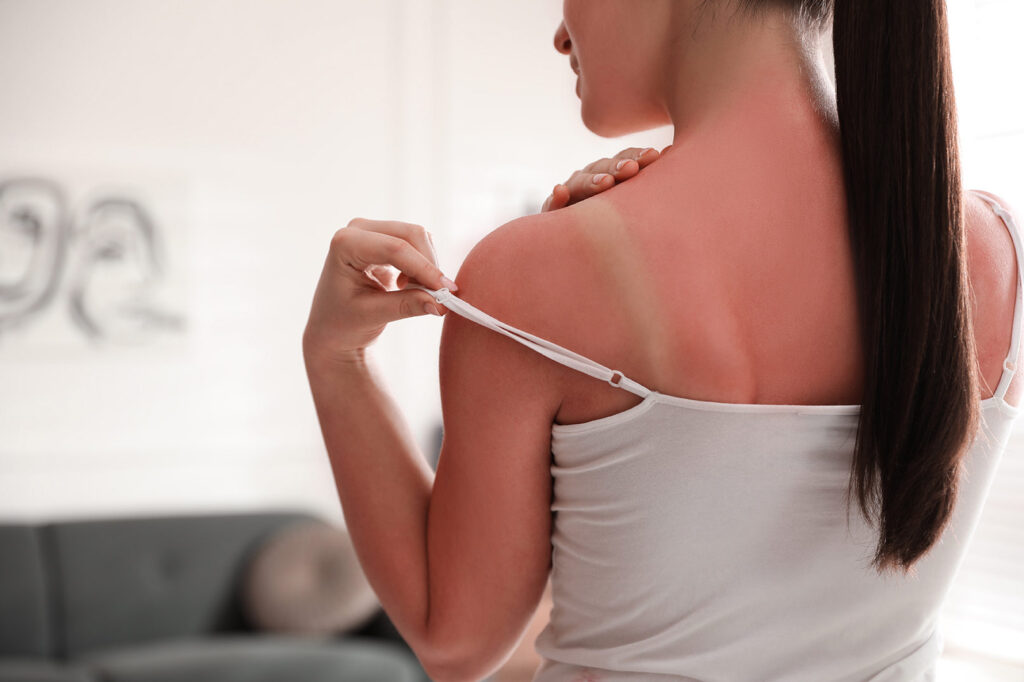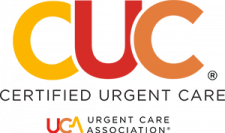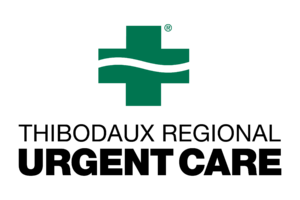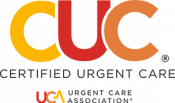With summertime in full swing, spending time outdoors under the warm sun becomes a favorite pastime.
However, prolonged exposure to intense sunlight can lead to sun-related conditions, including sun poisoning.
Also known as sun sickness, sun poisoning is a severe reaction to excessive sun exposure.
Understanding sun poisoning is crucial for safeguarding your skin and well-being during sun-filled days.
In this blog post, we will delve into sun poisoning, explore its symptoms, differentiate it from sunburn, and discuss effective treatment options to alleviate your symptoms sooner.
Continue reading to learn more.
Can the Sun Make You Sick?
Yes, prolonged exposure to the sun without proper protection can make you physically sick, leading to sunburn or sun poisoning.
Excessive UV radiation damages the skin cells, causing inflammation and various symptoms.
It’s crucial to take preventive measures, such as seeking shade, wearing protective clothing, and applying sunscreen, to avoid sun-related illnesses.
What is Sun Poisoning?
Sun poisoning, often called sun sickness, is a severe sunburn-like reaction caused by extended exposure to ultraviolet (UV) radiation.
It typically occurs when the skin is repeatedly exposed to the sun’s rays without adequate protection, such as sunscreen or protective clothing.
Sun poisoning is an extreme form of sunburn that can result in uncomfortable symptoms.
Symptoms of Sun Poisoning
Recognizing the symptoms of sun poisoning is essential for early detection and proper treatment.
Common sun sickness symptoms include:
- Severe Sunburn
- Blisters
- Itching and Skin Sensitivity
- Headache and Dizziness
Sun Poisoning vs. Sunburn
While sun poisoning and sunburn share similarities, it’s essential to understand their differences.
The critical difference in sun poisoning vs. sunburn is as follows:
Severity
Sunburn is a milder condition characterized by redness, discomfort, and peeling of the skin. On the other hand, sun poisoning is a more severe and potentially dangerous reaction that affects more extensive areas of the body and can cause systemic symptoms.
Symptoms
Unlike sunburn, sun poisoning often leads to more severe symptoms beyond skin discomfort. These may include headaches, dizziness, nausea, fever, and dehydration.
Blistering
While blisters can occur in severe sunburn cases, they are more commonly associated with sun poisoning.
How to Treat Sun Poisoning
If you suspect you have sun poisoning, prompt treatment is essential to alleviate symptoms and prevent complications.
Consider the following measures to treat sun poisoning:
- Seek shade
- Drink plenty of fluids to combat dehydration caused by sun sickness.
- Apply cool, damp compresses or take cool baths to soothe the affected skin and reduce inflammation.
- Gently apply aloe vera gel or a moisturizing lotion to hydrate and calm the skin.
- Take pain relievers such as ibuprofen to help reduce pain, inflammation, and discomfort associated with sun poisoning. Follow the recommended dosage guidelines.
- Avoid Further Sun Exposure. Protecting your skin by staying out of the sun until symptoms subside is crucial to prompt healing.
- Wear loose, lightweight clothing, a wide-brimmed hat, and use broad-spectrum sunscreen when outdoors.
- Seek medical treatment for moderate to severe symptoms.
Prompt and Effective Treatment for Sun Poisoning in Thibodaux
Understanding sun poisoning and how to treat it is essential for safeguarding your skin and overall well-being during sunny days.
By recognizing the symptoms and differentiating them from sunburn, you can take appropriate measures to protect yourself.
If you or a loved one experiences symptoms of sun poisoning, promptly treat the affected areas, seek shade, and stay hydrated.
If symptoms worsen or persist, visit our urgent care facility to treat your burn. We are open 7 days a week with no appointments necessary.




